Historically, ex-presidents spend their golden years on the speaking circuit, writing their memoirs or planning for the inauguration of their presidential libraries. What they don’t do is lash out at their successors when they disagree with a policy or decision. Joe Biden, however, has no intention of keeping quiet.
A little more than three months after vacating the White House, Biden is unencumbered from conventional decorum and feels free to speak his mind. Last month, he gave his first post-presidency speech in Chicago, where he blasted the Trump administration for taking a sharp hatchet to the federal workforce, including the Social Security Administration. But it was during an interview with the BBC, released today, where the former president went off on everything from Trump’s diplomatic efforts to end the war in Ukraine to the 47th president’s incessant barbs against Canada, Greenland and Panama.
On the subject of Ukraine at least, the whole interview came off as unconvincing. Even as he defended his own record on the war, Biden shredded the Trump administration’s attempt to shove a peace deal down the throats of Presidents Zelensky and Putin. A core component of that draft peace agreement, of course, is a freezing of the frontline, which would allow the Russians to maintain de facto control over the roughly 20 percent of Ukrainian territory it currently occupies. Biden described the entire outline as a case of “modern-day appeasement,” as if Trump was operationalizing the diplomatic playbook of British prime minister Neville Chamberlain. “I just don’t understand how people think that if we allow a dictator, a thug, to decide he’s going to take significant portions of land that aren’t his, that that’s going to satisfy him,” Biden said.
Biden’s right on one thing: he doesn’t understand. For a man who prides himself on his foreign-policy experience, Biden is exhibiting thin knowledge of international diplomacy.
What the former president and so many others in Washington refuse to acknowledge is that concessions to Moscow are an inevitable byproduct of diplomacy and an absolute requirement if you truly want to end a conflict that has killed hundreds of thousands of people. The Ukrainians will obviously sulk about this, and on a sentimental level, you can sympathize with them. But there is no perfect solution available here. As much as we may want a “just and lasting” peace that gives Ukraine everything it wants and leaves Putin with a complete humiliation, facts on the ground will determine what is and isn’t possible at the negotiating table. And the blunt fact is that any peace agreement, assuming Trump can actually negotiate one, is going to leave everybody unsatisfied and angry.
This isn’t to suggest there aren’t problems with Trump’s proposal. There are. For instance, a formal US recognition of Crimea as part of the Russian Federation – the strategic Black Sea peninsula Putin annexed in 2014 without a fight – would by definition violate one of the core principles of the so-called rules-based international order: under no circumstances can a country’s borders be changed by force. NATO shutting the door on Ukraine’s entry will also cause heartburn in many European capitals and among the diehard transatlanticists that populate Washington, even though the door to NATO has effectively been closed on Ukrainian membership for the last 17 years. And yes, US sanctions relief to Russia will give Putin an opportunity to replenish his coffers and allow him to re-enter markets in the West (although the extent to which European countries are willing to sign any business deals with Moscow is debatable).
Yet while the specific terms can certainly be discussed, the bottom-line is that the Russians aren’t going to cooperate with a diplomatic process if they aren’t offered anything at all. Biden’s complaints about rewarding Putin for aggression mean nothing if he can’t offer an alternative that has a reasonable chance of success. Like most critics of diplomacy, he doesn’t provide one other than virtue-signaling, moral pablum and warnings about what Putin may do in the future if he’s granted something he can justify to his domestic audience as a win.
To simplify it, a perfect peace accord where the Ukrainians get everything and the Russians get nothing is a figment of the imagination. Such a scenario doesn’t exist, no matter what the pundits tell you. The absence of a good-enough peace agreement is a continuation of the war and a big bet that more fighting will eventually result in better peace terms for the Ukrainians. This is precisely the bet President Biden made in early 2023, when he authorized Washington to help plan Kyiv’s large-scale counteroffensive in the east. The result was nothing short of catastrophic for the Ukrainian army, which ran into a buzzsaw of Russian defenses along the frontline and concluded months later with nothing to show for it outside of greater manpower problems.
Biden has had time to think about that experience and draw lessons from it. Apparently he isn’t one for retrospection.



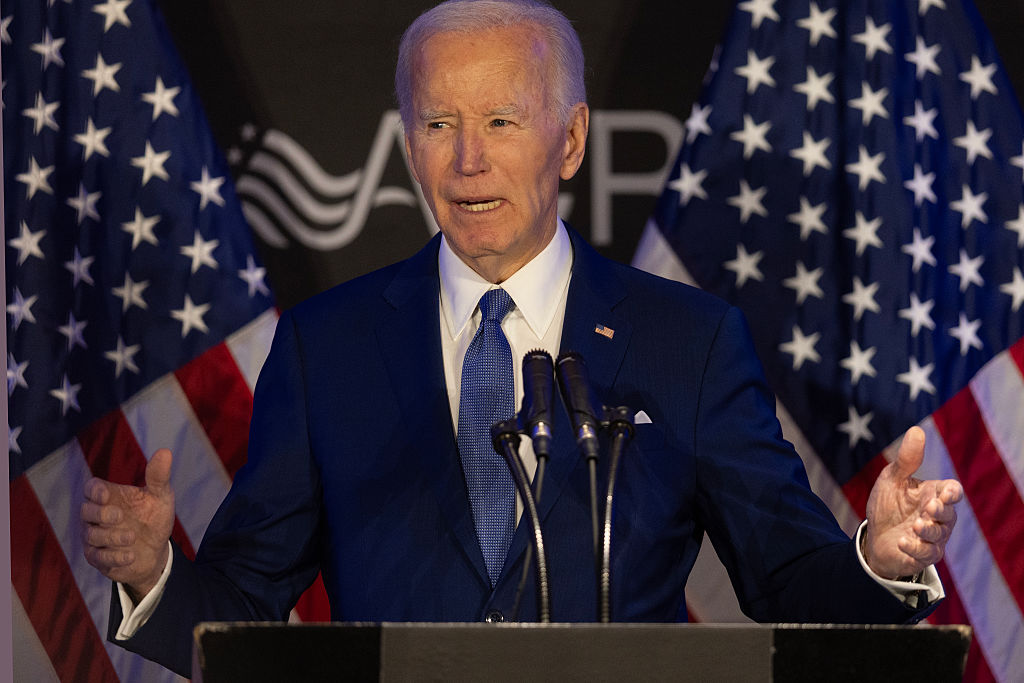






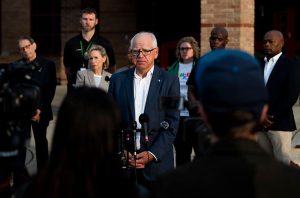




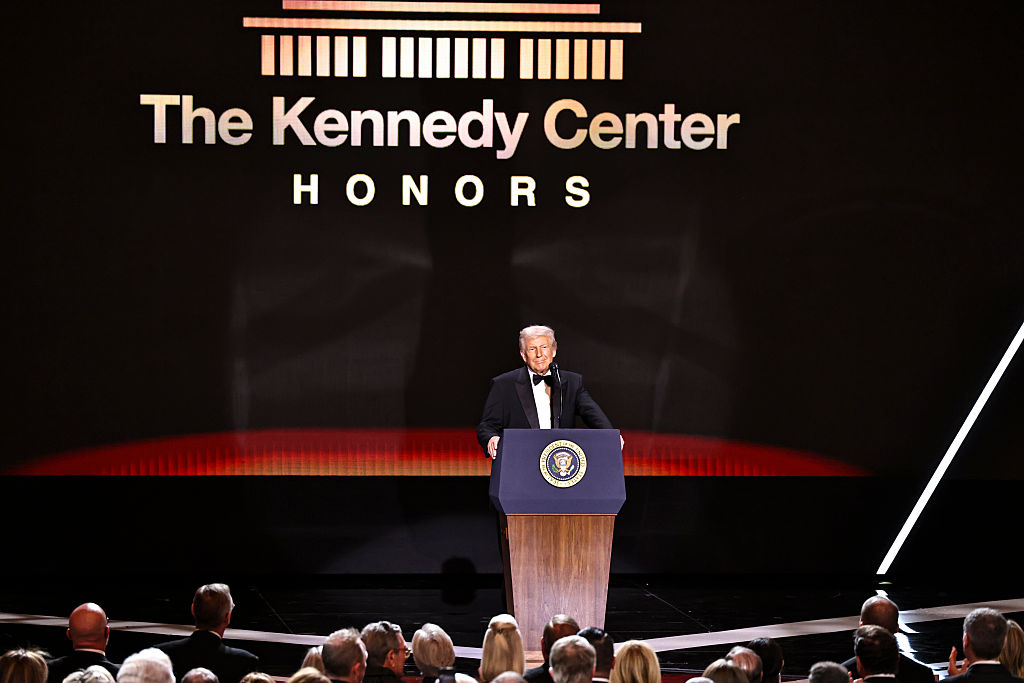

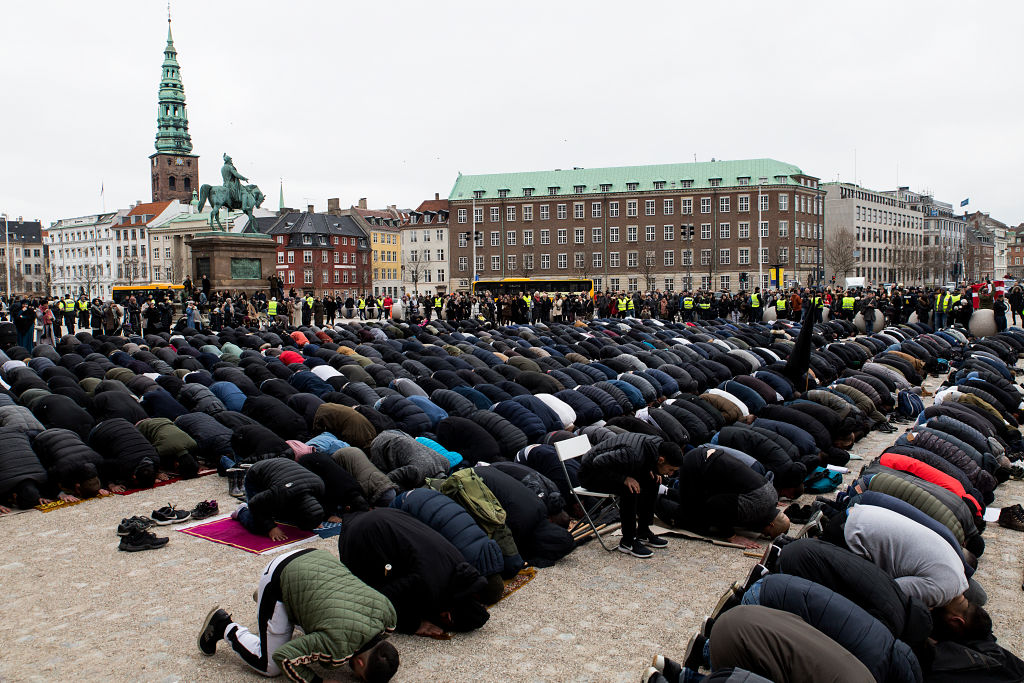
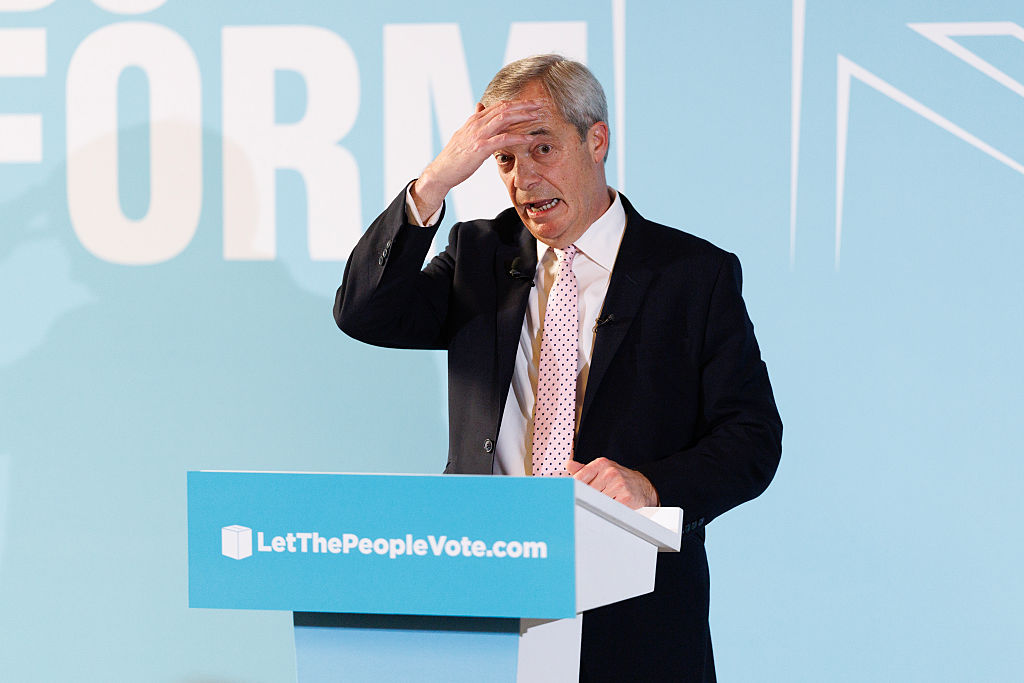







Leave a Reply